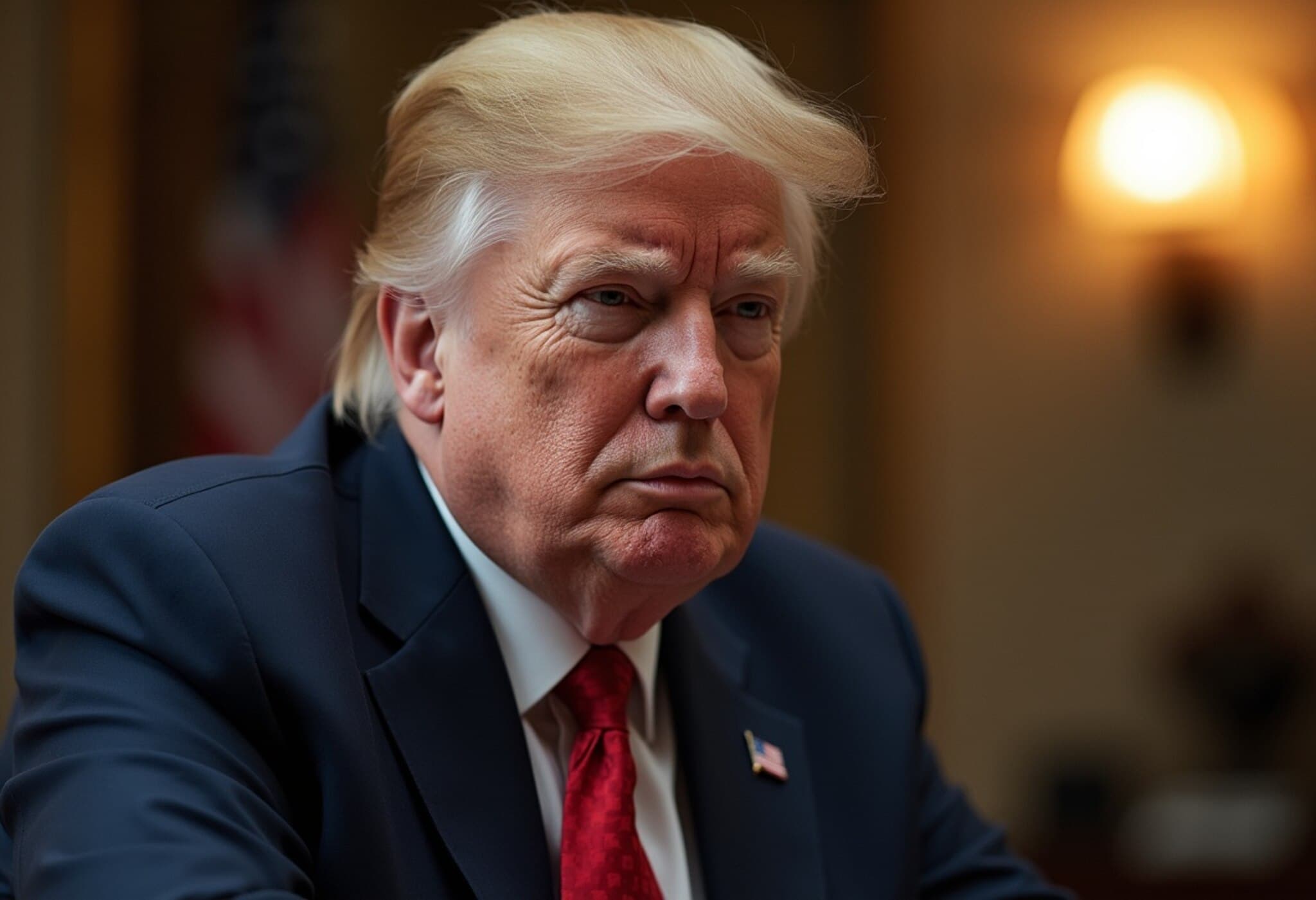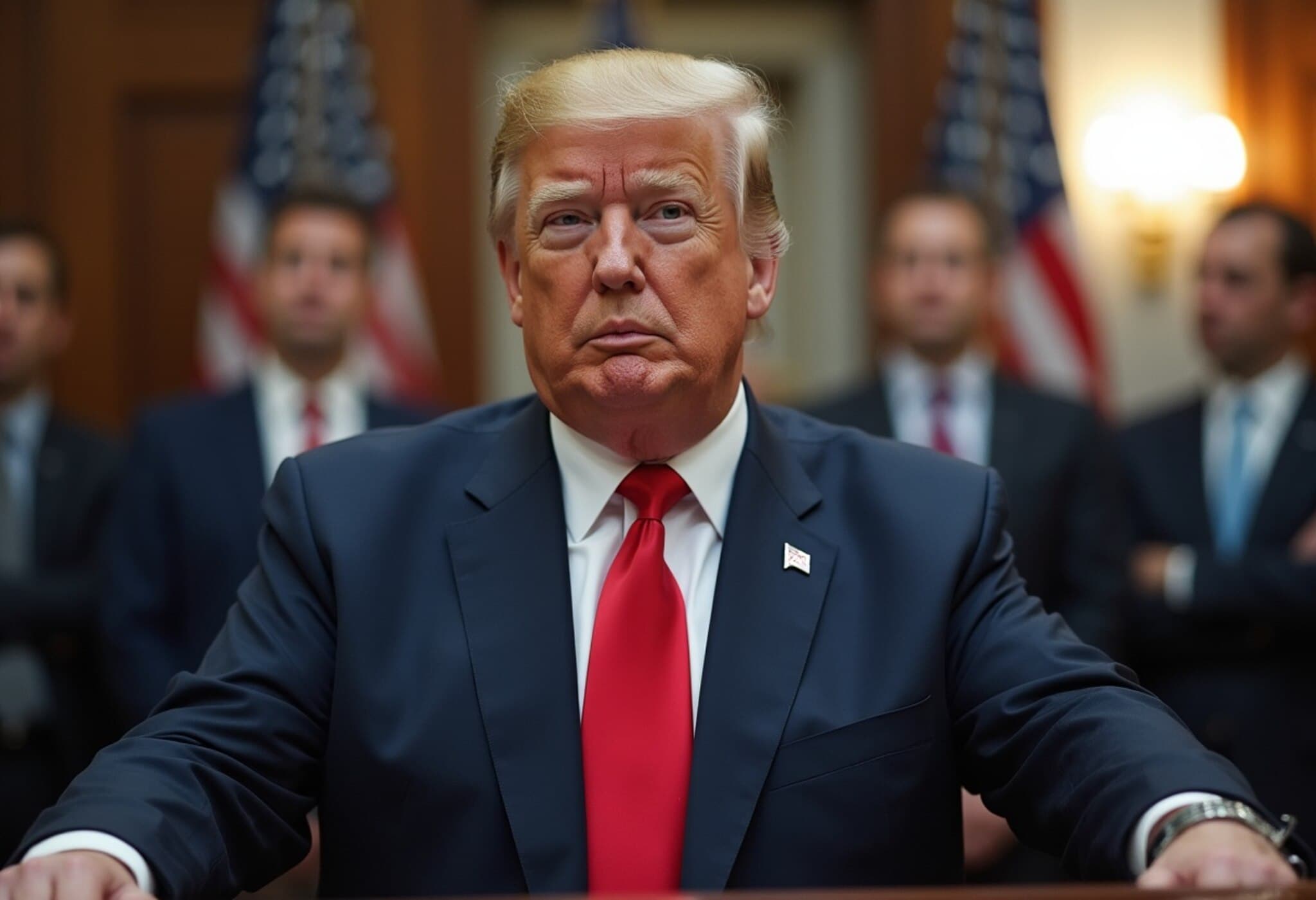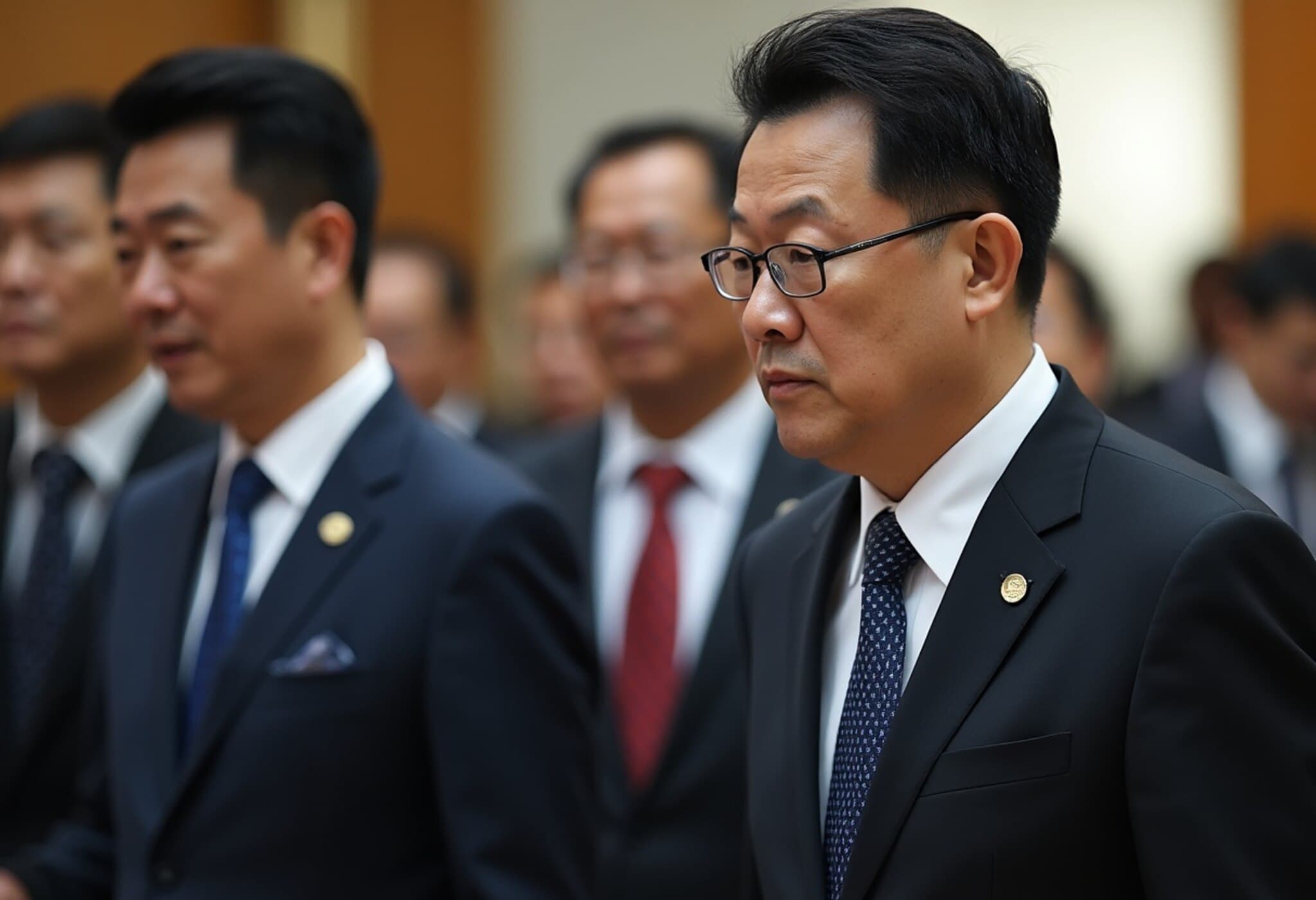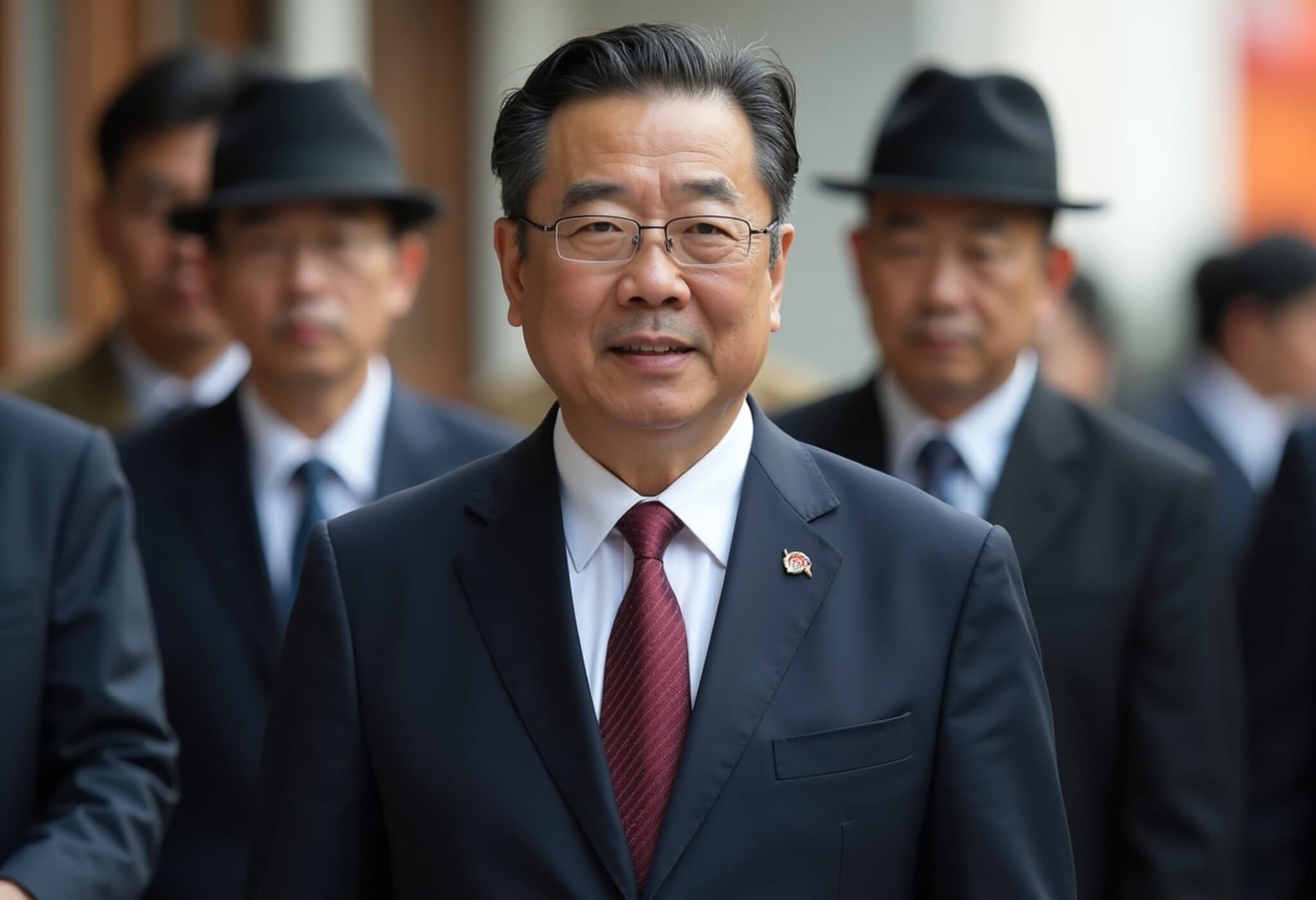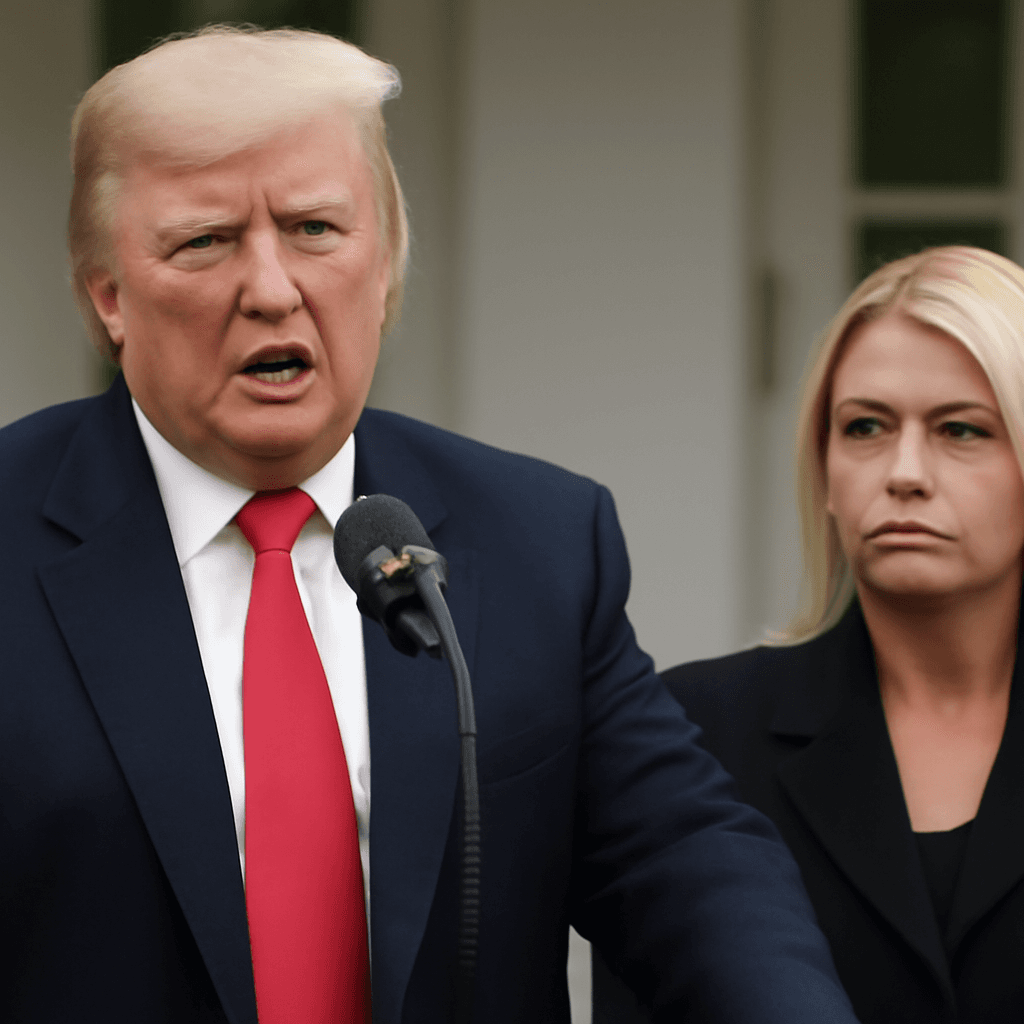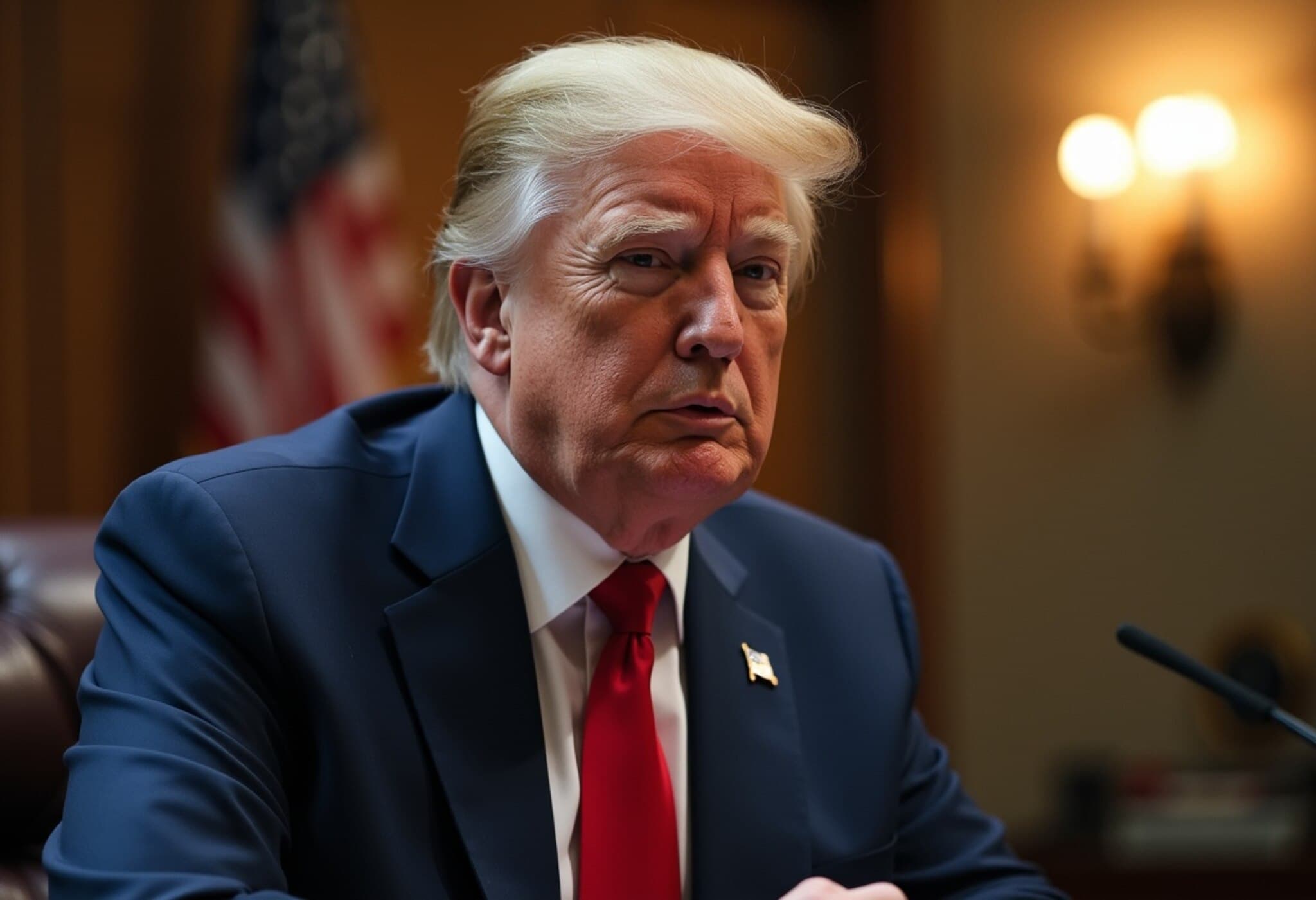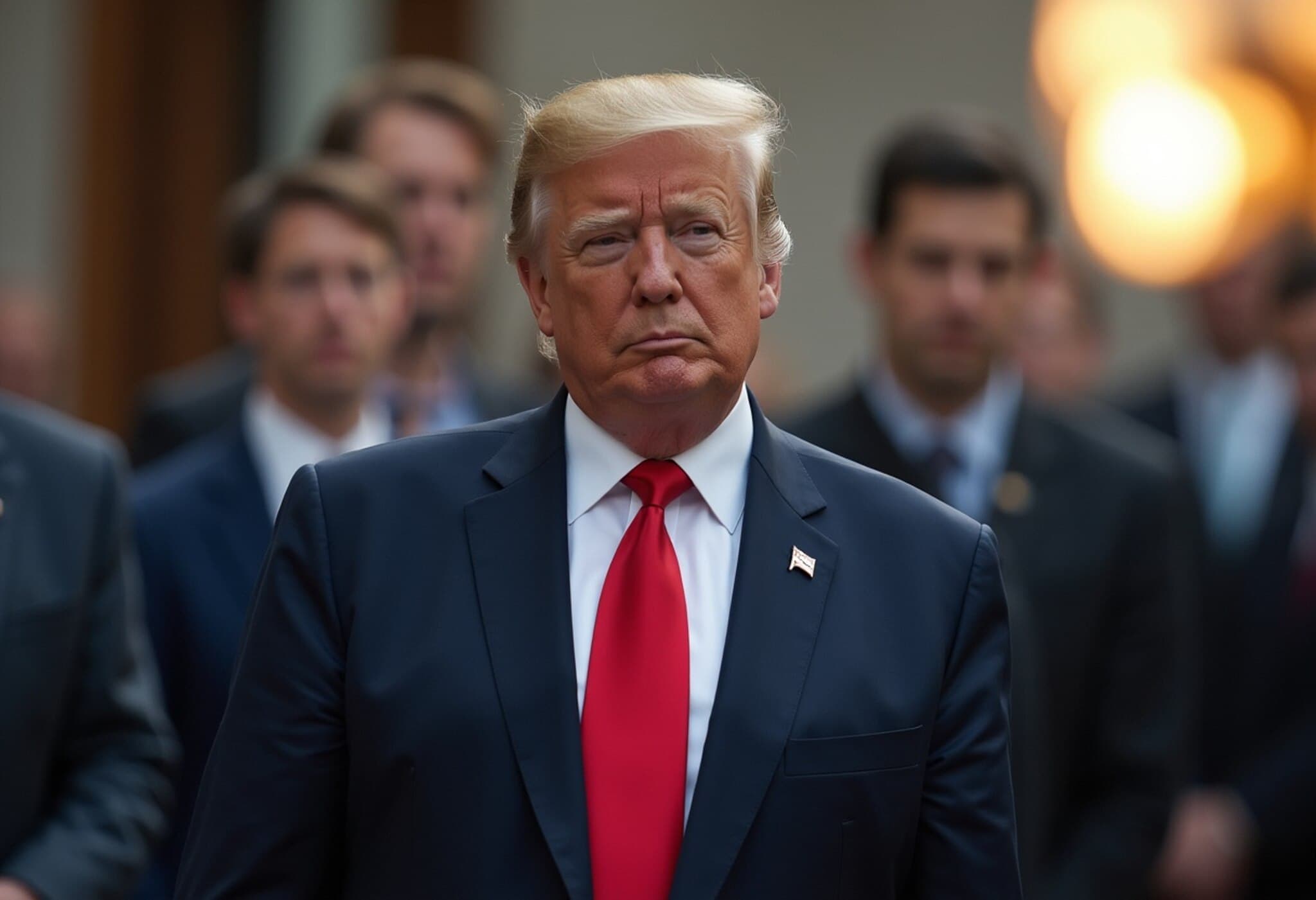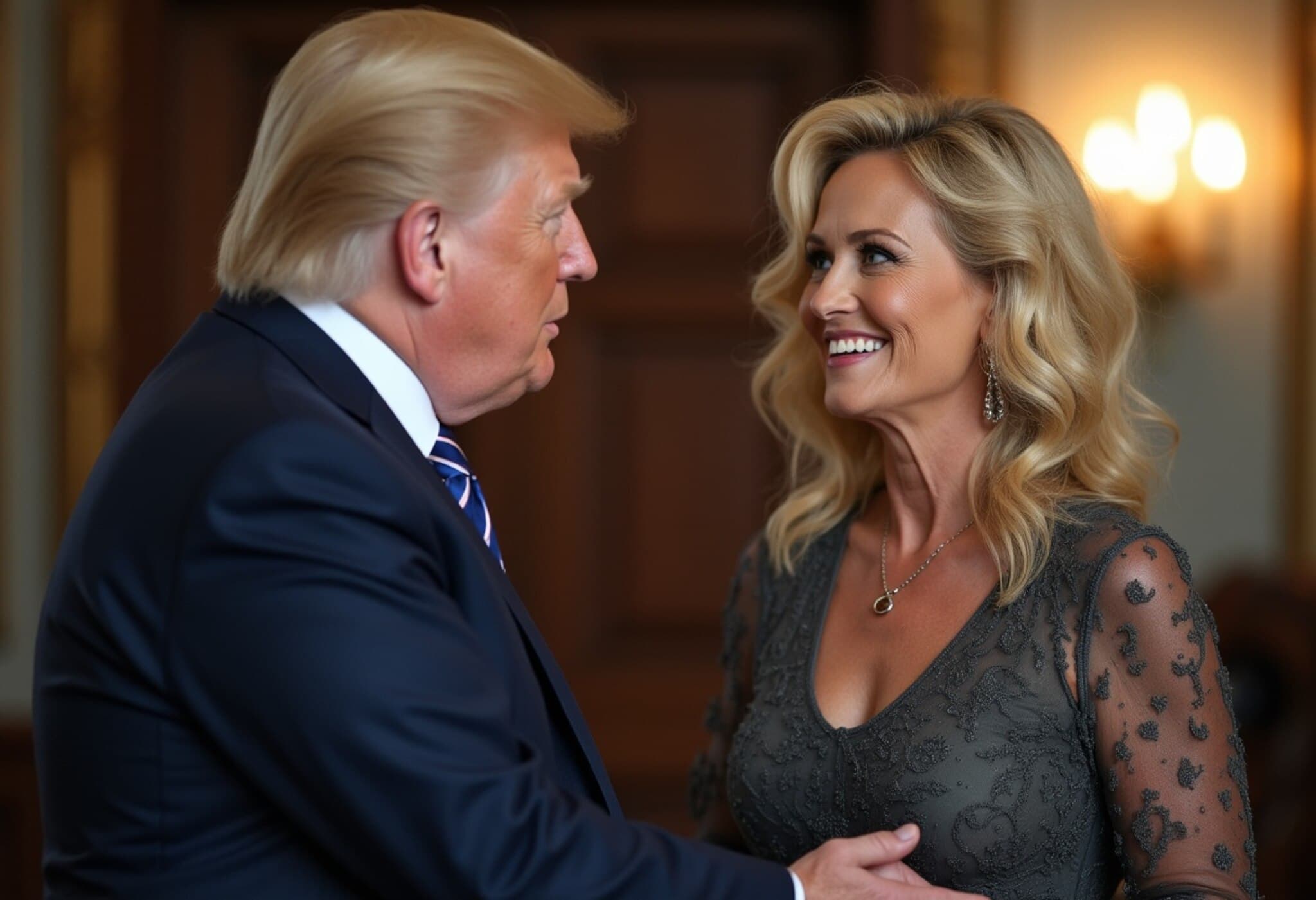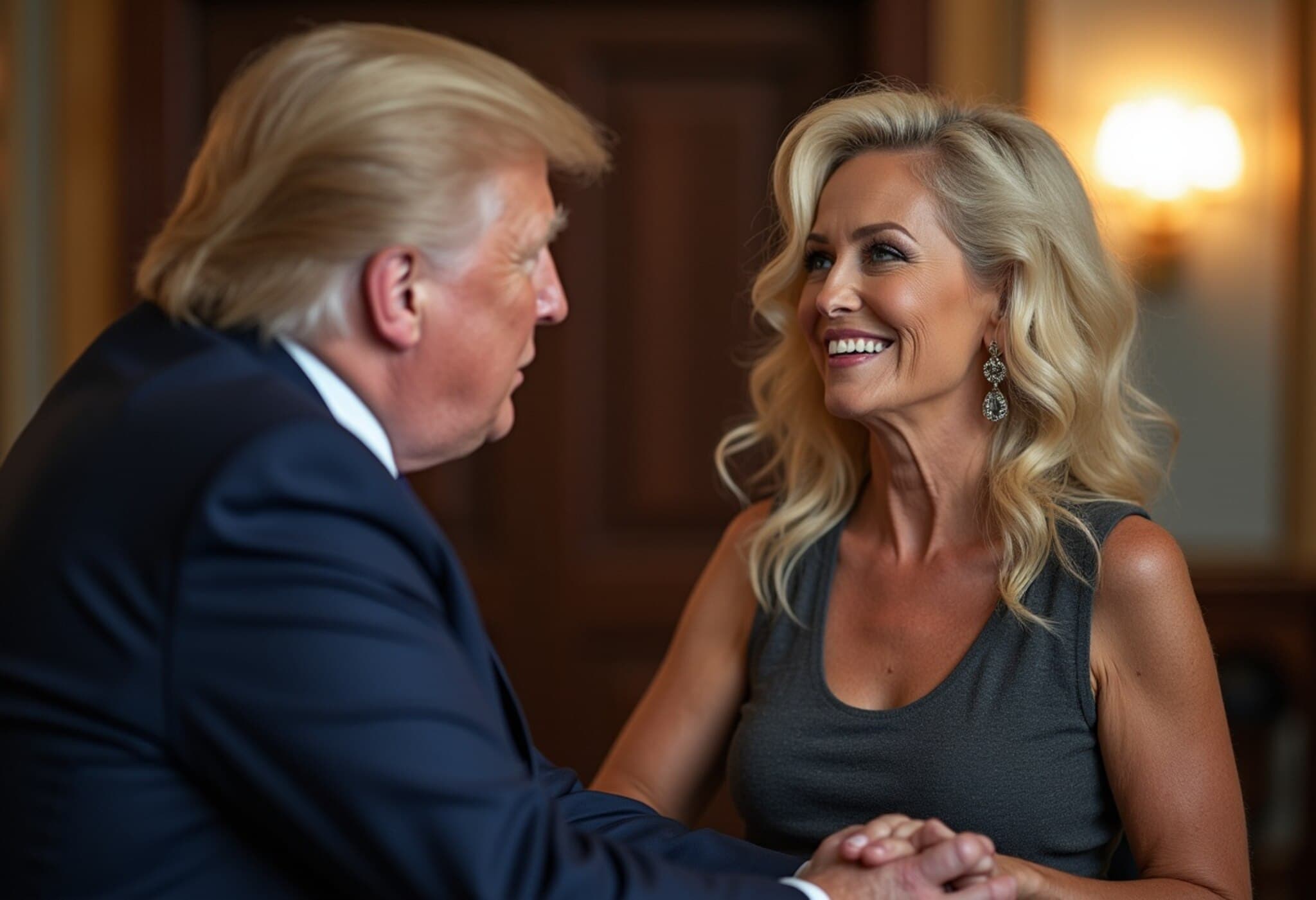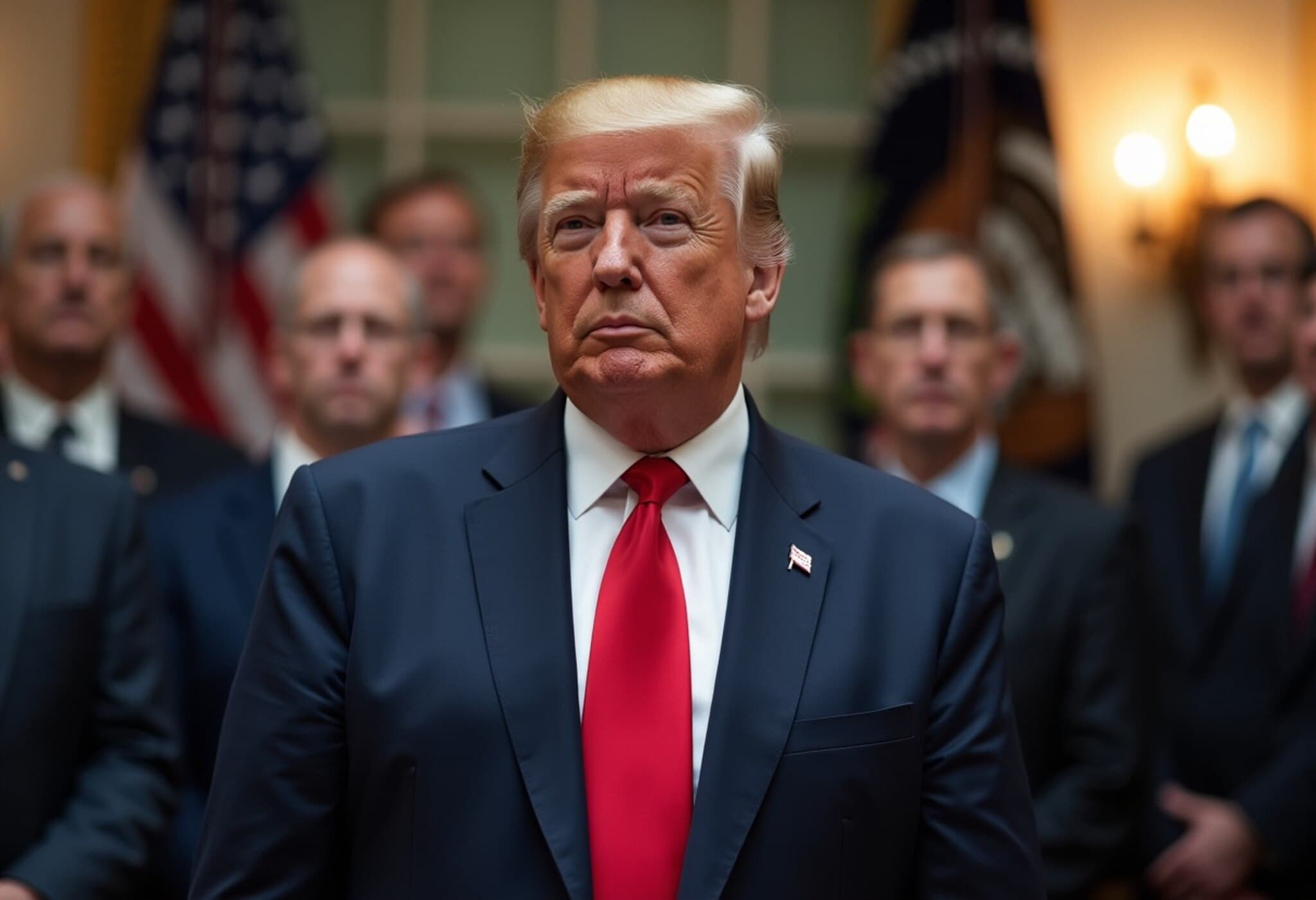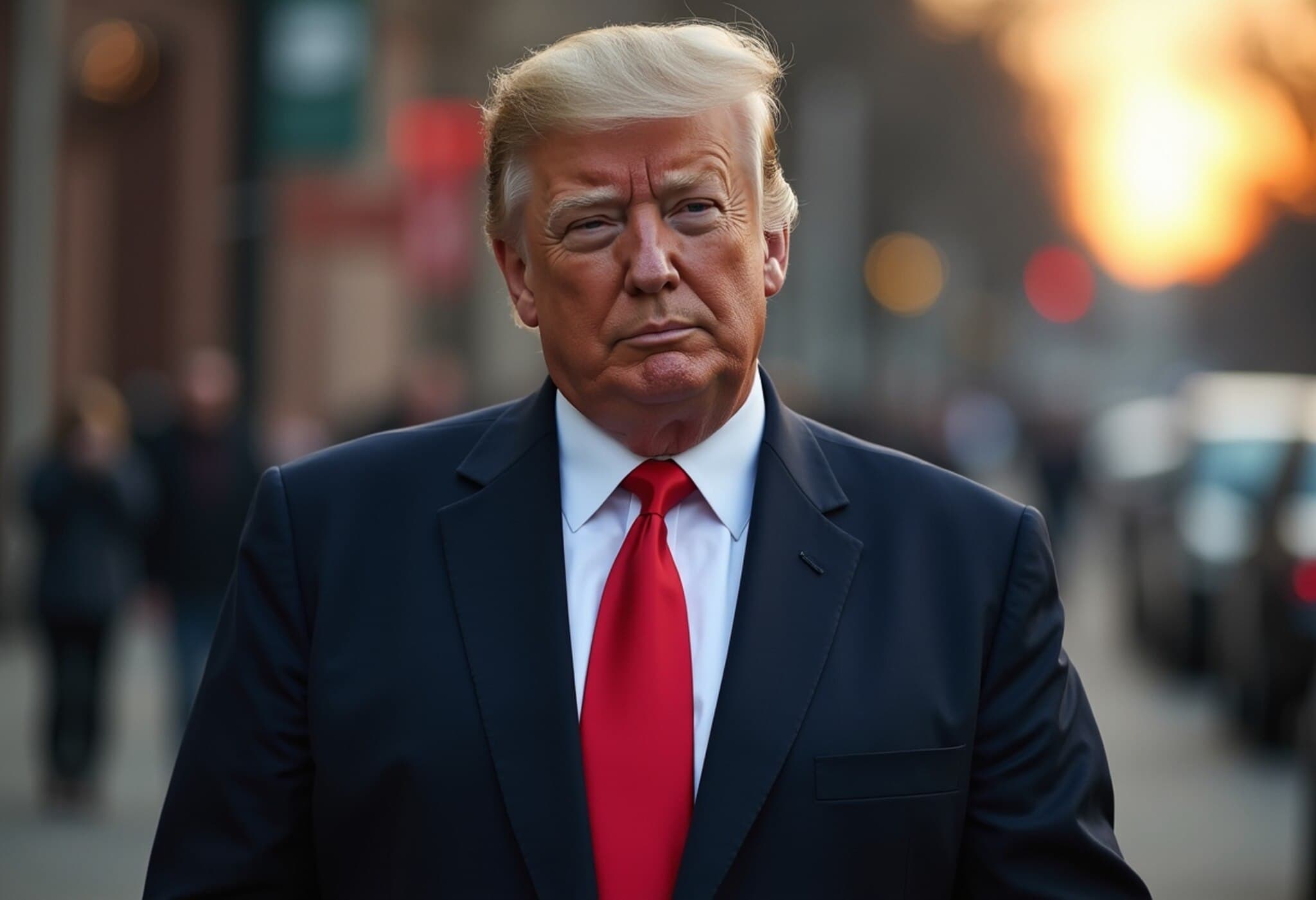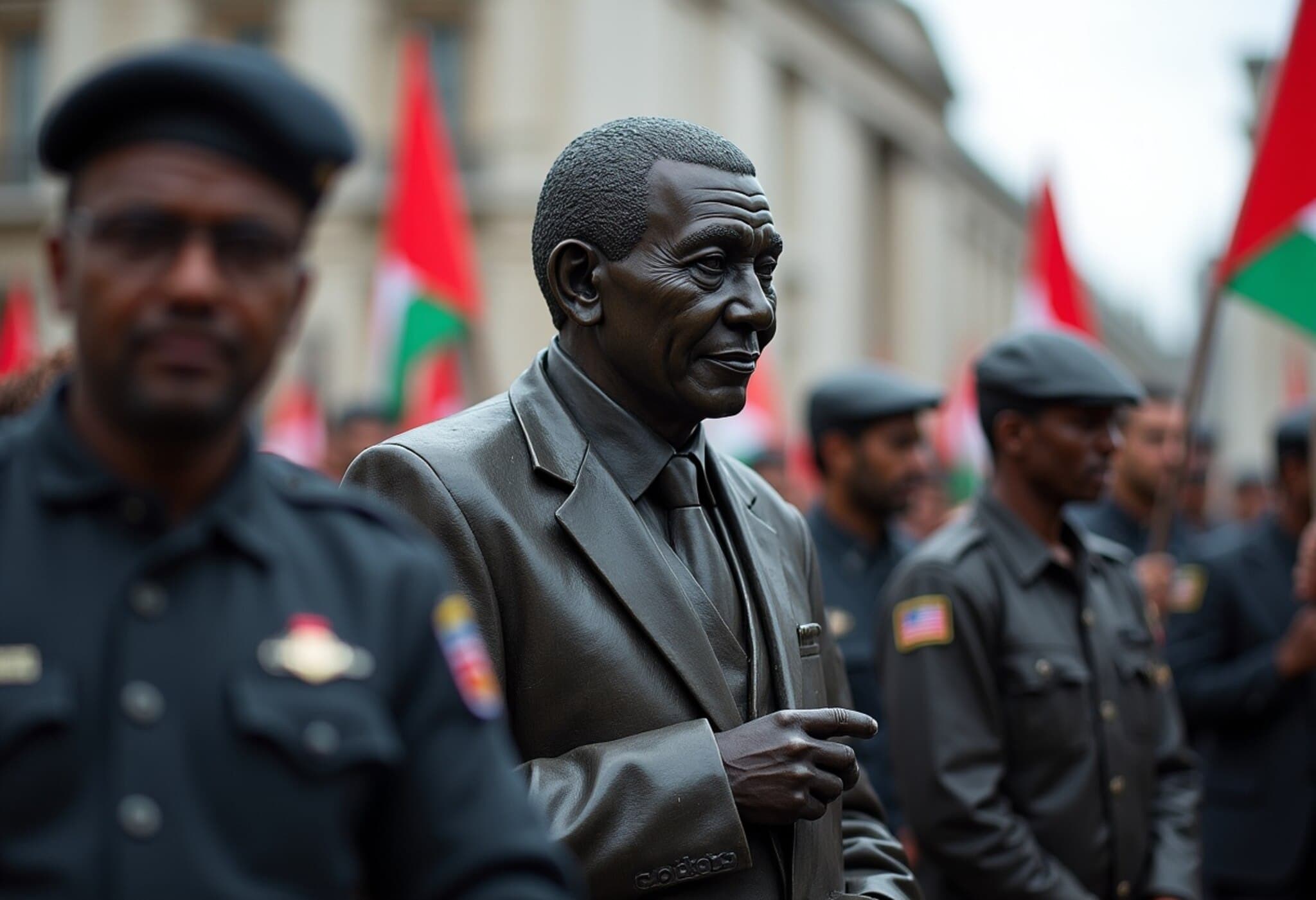Trump Escalates Feud by Threatening to Strip Rosie O'Donnell's Citizenship
On July 12, 2025, former President Donald Trump intensified his longstanding public feud with comedian and outspoken critic Rosie O'Donnell by suggesting he might revoke her U.S. citizenship. Trump’s remarks, posted on his social media platform Truth Social, mark a significant and controversial escalation in his efforts to target political adversaries through executive power.
Trump’s Unprecedented Threat
In his post, Trump labeled O'Donnell a "threat to humanity" and insisted that she should remain in Ireland, where she relocated following Trump's most recent election victory. "Because of the fact that Rosie O'Donnell is not in the best interests of our Great Country," Trump wrote, "I am giving serious consideration to taking away her Citizenship." O'Donnell, a native-born American, moved to Ireland in January 2025, citing political and personal reasons tied to her intense opposition to Trump's presidency.
Legal Realities: Can Citizenship Be Revoked?
While Trump's statements have grabbed headlines, legal experts emphasize that there is no constitutional or statutory basis for a president to unilaterally revoke the citizenship of a U.S.-born citizen. The U.S. Supreme Court has long held that citizenship is a fundamental right protected under the Fourteenth Amendment, making any such action without due process illegal. Experts warn that such threats could further erode democratic norms and fuel political polarization.
Context: A History of Personal Attacks and Citizenship Questions
- Trump and Rosie O'Donnell share a bitter history of public insults and legal spats dating back over a decade.
- Earlier in July 2025, Trump also insinuated questions about the citizenship of Eric Adams, the newly elected Democratic mayor of New York City, falsely suggesting Adams was in the country illegally.
- These accusations form part of a broader pattern where Trump has weaponized citizenship status as a political tactic against opponents.
Rosie O'Donnell's Response
O'Donnell swiftly replied via Instagram, condemning Trump's remarks and reaffirming her stance. She described Trump as a "criminal con man" whose "evil tendencies" threaten the nation. "The president of the USA has always hated the fact that I see him for who he is," she wrote, explaining her decision to relocate to Ireland was a personal protest against his administration. She accused Trump of intending to "deport all who stand against" him, highlighting the growing climate of fear among critics and dissenters.
Expert Insight: Implications for American Democracy
From a policy analysis perspective, Trump's threat to revoke O'Donnell's citizenship is alarming. It echoes authoritarian impulses that can undermine constitutional protections and fuel divisiveness. Legal scholars highlight that such rhetoric damages the country's global image and could inspire similar actions if unchecked. Moreover, this episode raises important questions about the executive branch's limits and the necessity to safeguard civil liberties against politicized use of power.
While Trump is no longer in the White House, his statements continue to reverberate through American political discourse, influencing public sentiment and potentially shaping election narratives. Observers also note how social media platforms have become battlegrounds for personal and political conflicts, with real-world consequences.
Looking Ahead
The incident reflects the increasingly personal and volatile nature of U.S. political conflicts. It underscores the need for vigilance in upholding democratic norms and constitutional rights, especially amid rising political hostility. For Rosie O'Donnell and others who openly oppose Trump, this episode serves as both a warning and a testament to the intense pressures facing public figures in today's polarized environment.
What remains to be seen is whether such extreme rhetoric will translate into concrete legal or political actions, or remain another chapter in a high-profile feud emblematic of broader cultural divisions in America.
Editor's Note:
The Trump-O'Donnell saga offers a stark reminder of the fragility of constitutional protections when challenged by political vendettas. It invites readers to consider how citizenship, a cornerstone of American democracy, should be protected from misuse. Amid ongoing tensions, it’s essential to reflect on the balance between free expression, political criticism, and safeguarding fundamental rights in a democracy.

